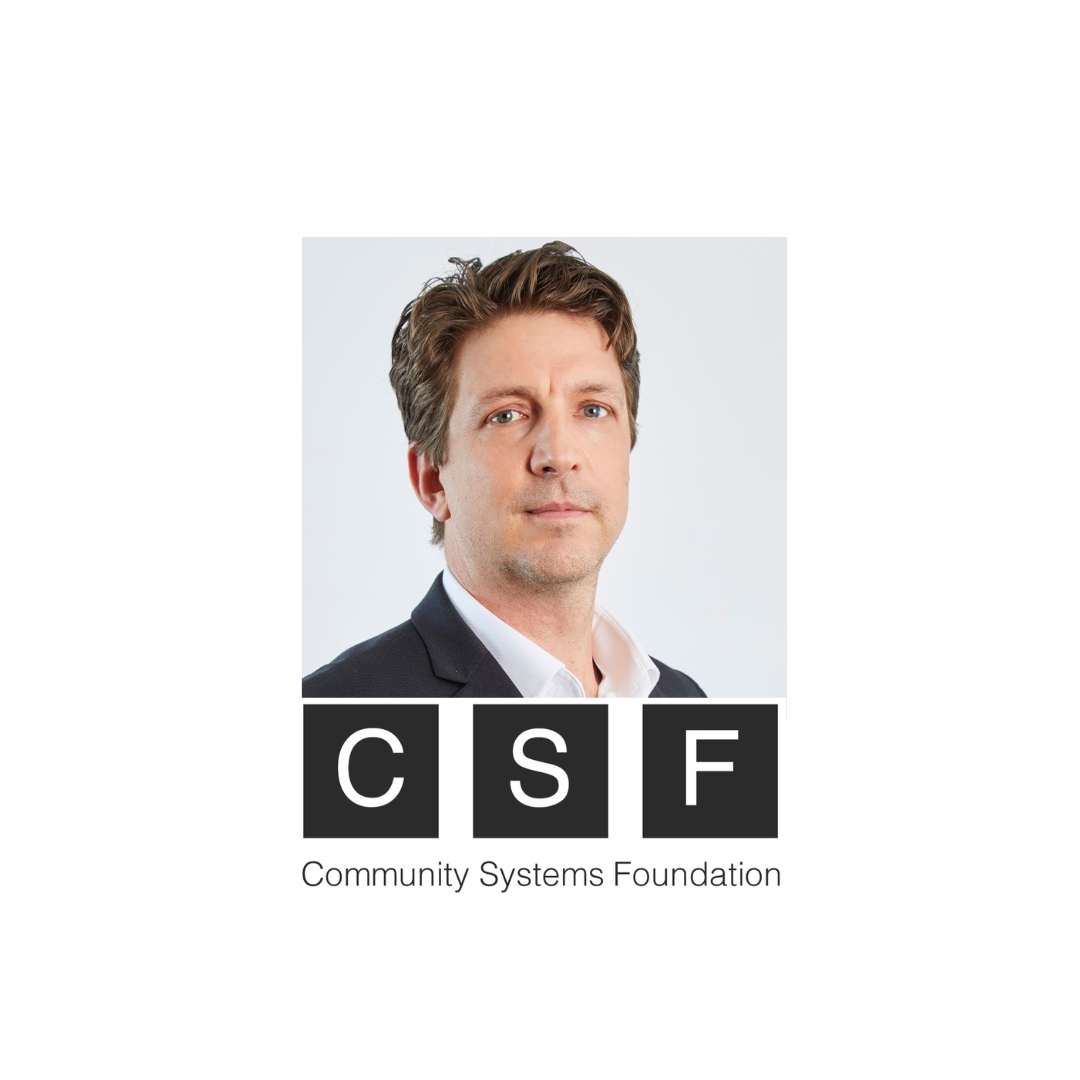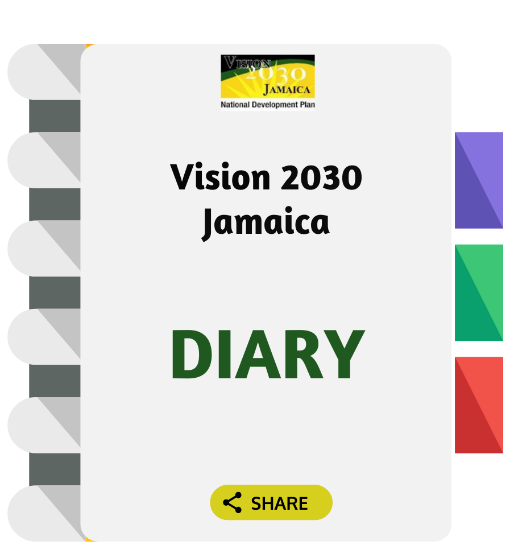Blog
Strengthening the Monitoring of Development Performance by Investing in Globally Recognized Tools to Track (August, 2022)

Strengthening the Monitoring of Development Performance by Investing in Globally Recognized Tools to Track
Community Systems Foundation (CSF)
Keywords: Planning, Monitoring, Reporting, Accountability, Collaboration, Transparency

Over the last 20 years, Community Systems Foundation (CSF) has become a leading expert in providing services related to planning, monitoring and reporting on development results. This has enabled CSF to partner with and support national governments and United Nations agencies across the world to better National Development Plans (NDPs) and Sectoral Strategies, as well as the achievement of the Sustainable Development Goals (SDGs). Through these experiences, CSF has identified common challenges that planning and statistics offices face, and developed solutions with best practices to overcome these obstacles.
Common Challenges
Despite the central importance of strategic planning in large and small organizations across the world, including in governments, UN agencies and non-governmental organizations, most would acknowledge the need for strengthening systems and processes to make planning more effective.
Having worked in over 130 countries on data-driven initiatives, CSF has documented the most common challenges. These include:
- Organizations not having processes or tools in place to plan and monitor development strategies, leading to operational challenges
- Information systems are often fragmented and receive fragmented support, creating barriers and inefficiencies in common data-driven initiatives
- Significant time, energy and resources go into data collection, but yet a large amount of data go unused or underused in informing development efforts
- Silos between Ministries, Departments and Agencies leading to inefficiencies in planning and monitoring development performance on cross-sectoral issues
- Disengaged stakeholders and partners, both internally and externally, lessening the potential impact of the monitoring initiative
- Capacity gaps at every stage of data projects need to be addressed to ensure sustainability of the initiative.
Solutions and Ways Forward
While these challenges often exist, CSF has worked with partners from a variety of sectors and contexts to address these issues and implement best practices that are supporting more efficient, collaborative and transparent performance monitoring. This is done using a modular approach with open source and license free data Software. CSF’s tools are designed to be generalized and highly configurable and are built around a growing community of users who each contribute to the initiative and ensure its sustainability.
Global
At the global level, CSF has partnered with the United Nations Development Coordination Office (UNDCO) to design and deploy an open-source results-based management solution to monitor all activities of UN Country Offices. Called UN INFO, this online tool allowed, for the first time ever, the UN system to systematically document and report on contributions to sustainable development in one platform. By bringing this wealth of information together, UNDCO has created a holistic and collaborative system that is eliminating data silos and increasing transparency around the implementation of the United Nations global contributions.

Source: UN INFO public dashboard, Turkmenistan
The results of this work are shown on country monitoring dashboards, which support the cohesive planning of collaborative action to support realization of sustainable development. This is done by building online results frameworks for each country’s UNSDCF, or United Nations Sustainable Development Cooperation Framework. In turn, UN Country Teams can closely monitor the status of implementation of all activities and assess where corrections need to be made regarding investments to specific SDGs or national priorities.
Regional
One of the most meaningful ways that CSF can contribute to positive development outcomes is through support to strengthening systems through IT innovations—improving effectiveness and efficiencies wherever possible. This allows for more dynamic, accessible and collaborative planning, monitoring and reporting. One example of this in the Middle East and North Africa with the League of Arab States.
Over the last several years, CSF has partnered with the Arab League to support the monitoring and reporting of efforts to eliminate multidimensional poverty in the Arab region. Individually, each country had been routinely tracking progress against key performance indicators associated with multidimensional poverty. Since the rollout of a comprehensive system to monitor regional progress, the Arab League has been able to build internal capacity to support regional and national focus in administration of the system, as they report data and create customized reports to disseminate their results.
From the League of Arab States, it became clear that engaging stakeholders from all levels was a key to the success and sustainability of the platform. On several occasions, leaders from the 22 Member States convened to discuss results, strategy and opportunities for collaboration to further reduce multidimensional poverty in the region.
National
Led by a clear vision and commitment to results, the government of Jamaica is a part of this community of users who are prioritizing monitoring development performance and the communication of the results they achieve. With the Planning Institute of Jamaica (PIOJ), CSF developed the Data4Development platform to support better planning, monitoring and reporting on Vision 2030 Jamaica and the SDGs. Most recently, the platform has been expanded to also support the monitoring and evaluation of the Community Renewal Programme in Jamaica, which aims to better support the most volatile and vulnerable communities in the country.

The platform has several key components: a monitoring dashboard to highlight key achievements; statistical dashboards to showcase results across three sectors; a Metadata Hub, as a reference to the meaning, purpose and intended analysis of key performance indicators; and a mobile application to provide an easy and accessible way to view up-to-date information on Vision 2030 Jamaica. The platform has been thoughtfully designed to communicate to decision-makers and citizens alike the performance of development efforts nationwide.
Around the world, Community Systems Foundation has also partnered with various other governments and ministries to develop platforms that leverage similar tools. Some examples include work with the Government of Algeria to monitor their national development plan, the Ministry of Education in Guyana to report on results of their Education Sector Plan and with the city government of Coimbatore, India, which aims to use both local and international approaches to monitor development.
Conclusions
- Meet partners where they are. Work with them to get where they want to be. Despite challenges that often hinder the monitoring of development performance, CSF recognizes that organizations strive for more efficient, collaborative and transparent processes. While technology can vastly improve the quality of monitoring, some organizations may still need to establish clear guidelines and protocols for their staff or build the capacity across their organization to sustain the tools.
- Inform key decisions with relevant and timely data. This allows planners to understand current trends, prioritize the most pressing challenges and finance projects and programmes that will have the greatest impact in their communities.
- Remain open to collaboration and transparency. Working together across ministries, departments and agencies by sharing data and planning create more meaningful outcomes. Development is the responsibility of an entire country, not one agency. This collaboration can lead to more transparency in processes across government and the results that are achieved by one or more agencies.
- Invest in capacity development for the short and long term. Continuing to learn new and innovative skills to support monitoring efforts will ensure staff can support today and when new technologies are introduced. Investing in capacity includes ensuring there are sufficient human resources, institutional settings (i.e. policies and procedures) and systems and skills to effectively manage activities related to monitoring development performance.
- Create and nurture regional and global networks to backstop and sustain work. Sharing experiences and learning from other governments and organizations allow for collective problem solving of similar everyday challenges. This can lead to an exchange of best practices and a way to enhance existing processes and tools.
Community Systems Foundation is a non-profit organization established in 1963 that engages with communities to build information technology solutions that lead to good development outcomes sustained by reliable development processes.
Up Next: Advancing Jamaica’s Development through a Knowledge Economy (September, 2022)



